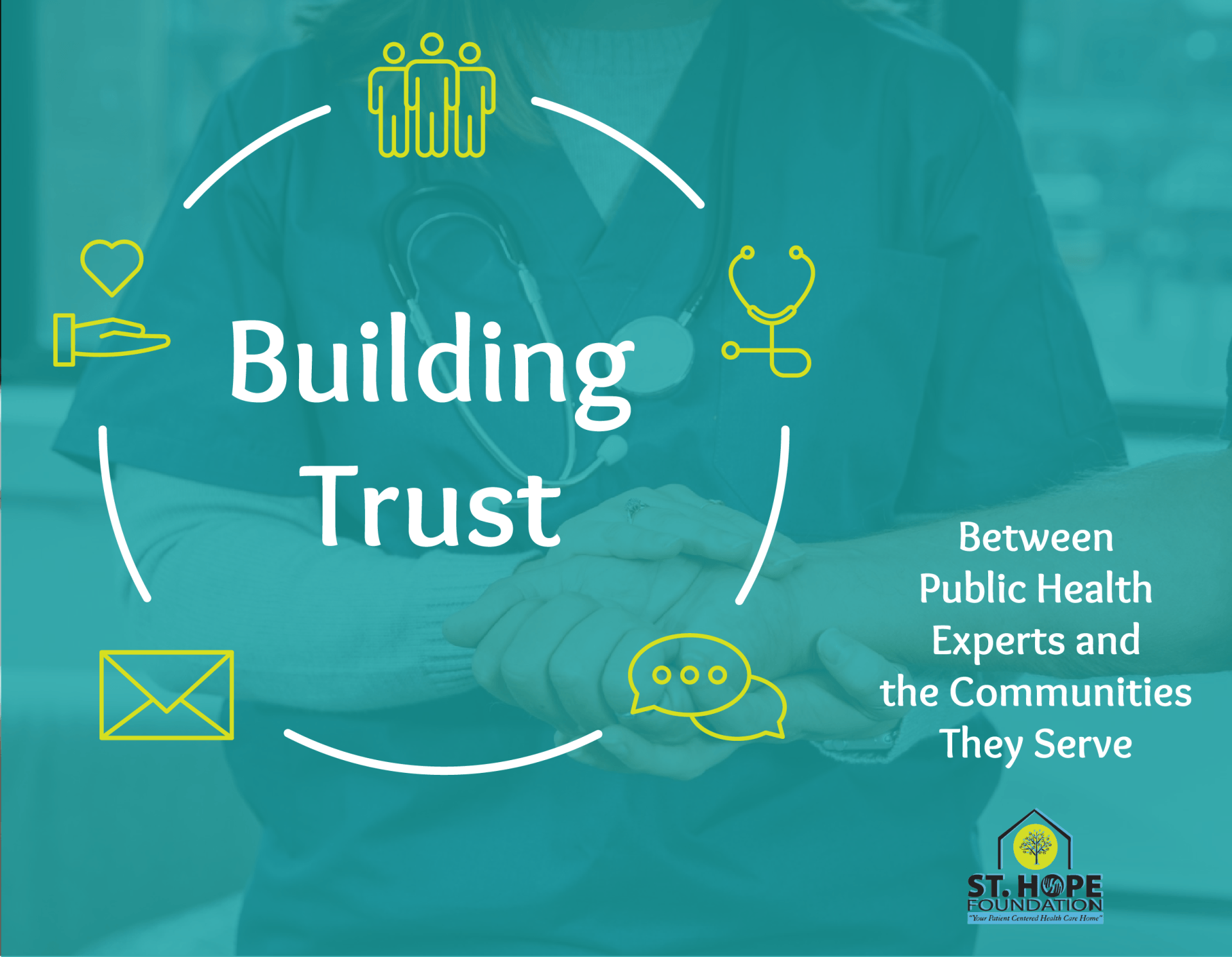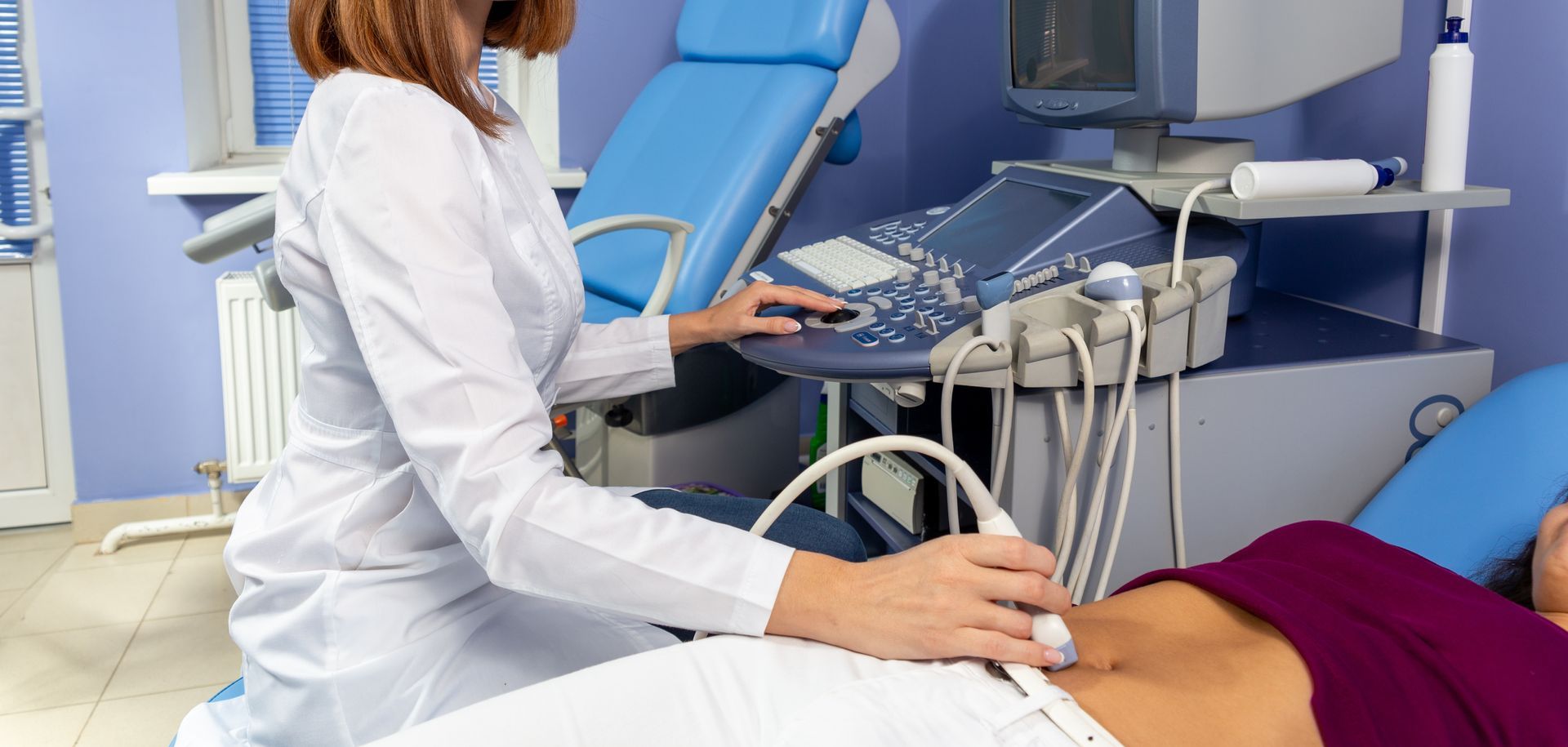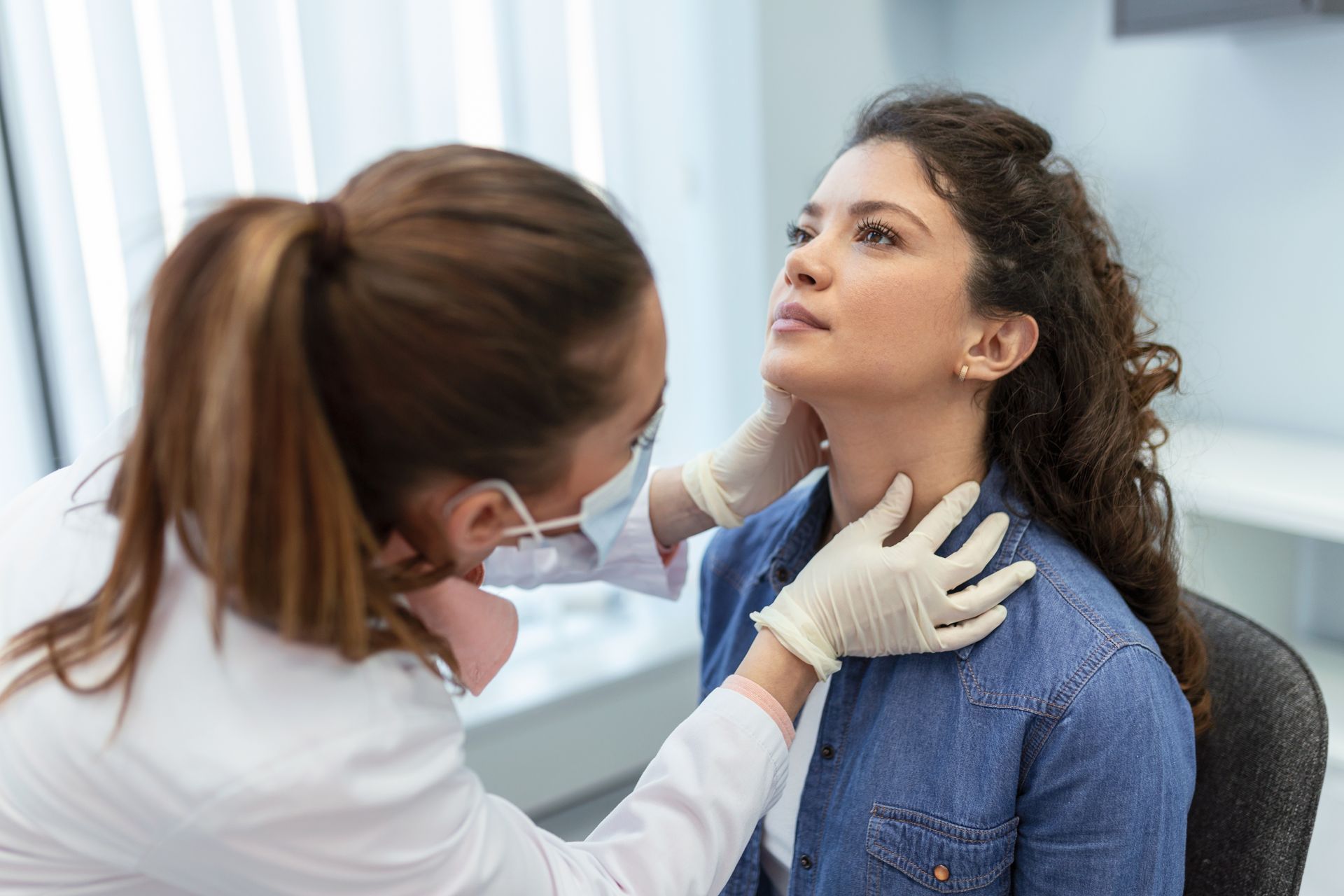Recent Posts
Building Trust Between Public Health Experts and the Communities They Serve

The severity of the COVID-19 pandemic and the sometimes-inconsistent messaging from national and state health experts contributed to a discouraging wedge between people with different health beliefs and personal experiences.
Mistrust of health experts is one of the many coronavirus consequences health care providers will need to overcome in the ensuing years and decades.
How Public Trust in Medical Experts Changed During the Pandemic
While the bulk of health care professionals seemed to agree on safety practices, PPE and the danger of the virus in the early months of COVID-19, their advice sometimes changed rapidly. They also had to contend with loud voices in politics, news media and social media who saw an opportunity to capitalize on government and health expert communication failures.
A survey published by Pew Research in May 2020 found that only about six in 10 U.S. citizens believed social distancing was “helping a lot” to slow the spread of COVID-19.
About 46 percent of U.S. adults had a fair amount of confidence that medical scientists were acting in their best interests, with another 43 percent having a great deal of confidence. All told, 89 percent of the public essentially trusted the government’s health experts.
This was better than 2016, when 60 percent had a fair amount of confidence and only 24 percent had a great deal of confidence that medical scientists were acting in the public’s best interests.
The Pew survey, conducted in the first months of the pandemic (April 20 - 26 and April 29 - May 5), found 72 percent of respondents had a mostly positive view of medical doctors. Only 7 percent had a mostly negative view. Two-thirds also had mostly positive views of medical research scientists.
The partisan divide in that trust was pronounced. Just over half of self-reported Democrats had a great deal of confidence medical scientists were working in the public’s best interest, while only 31 percent of Republicans in the survey had the same level of confidence.
The trust gap became more pronounced later in the pandemic. A November 2020 Pew poll found that 84 percent of Democrats believed the coronavirus was a major threat to the health of the country while only 43 percent of Republicans felt the same way. Trust in public health officials had dropped from a March high of 79 percent to a July low of 63 percent.
The good news was the public’s continuing trust in their local hospitals and medical centers, which remained at 89 percent for Democrats and 86 percent for Republicans.
Lessons Health Experts Can Learn
The pandemic-related medical studies that often got the most attention were ones that highlighted contradictory results, such as studies pertaining to how long a COVID-19 infection protected you from another infection in the future. Many virologists, immunologists and epidemiologists had divergent perspectives on the question, and the media was more than happy to let them debate it in the public square.
A Harvard T. H. Chan School of Public Health professor likened it to the public “seeing the sausage being made,” instead of those debates happening internally in the medical community. Those discussions should happen, but network news and social media may not be the best venues for those debates to take place.
The fewer political entanglements public health experts and organizations have the better. A KFF Health Tracking survey from September 2020 found 62 percent of all respondents, and 85 percent of Democrats, believed the vaccine was being rushed through FDA approval for political reasons.
Adults who reported they would definitely or probably get the COVID-19 vaccine dropped from a 72 percent high in May 2020 to a 51 percent low in September 2020.
When emotions run high, public health officials should remain committed to maintaining consistent communication. They should acknowledge areas where consensus isn’t yet established but also clearly explain that disagreements in the early stages of a health crisis are part of the process.
They should also avoid imposing mandates without adequately informing the public on the rationale behind those policies. When people can understand the risk factors better, they are more understanding of preventive health practices.
Public health experts must acknowledge the uncertainty that people face while also remaining firm in their convictions for what is best for everyone's overall health.
Providing a Trusted Source of Health Care and Medical Advice in Houston
Whenever you are sick or concerned about a potential illness, you should reach out to your doctor with any questions. At the St. Hope Foundation, we are committed to putting your health first and building an honest relationship with our patients.
We provide the facts and keep our patients up to date. The St. Hope Foundation will continue to be committed to providing the best in primary care, women’s health care and pediatrics. Call us today at (713) 778-1300 to schedule an appointment and get more information on how we can help our communities stay safe and healthy.









